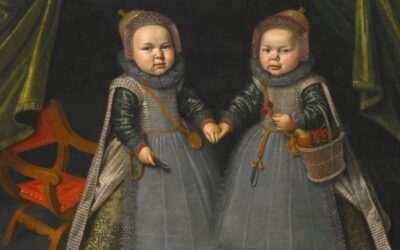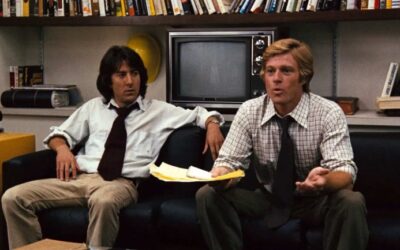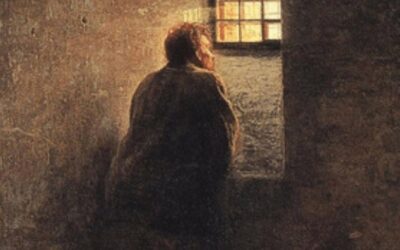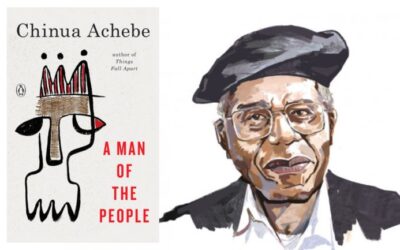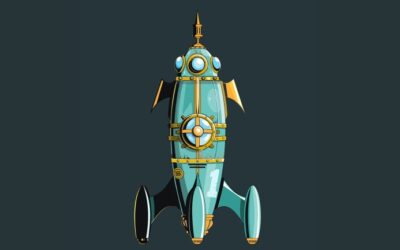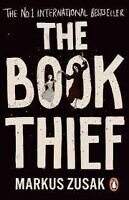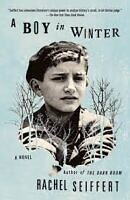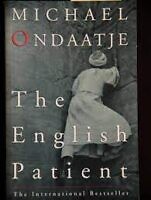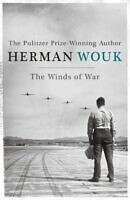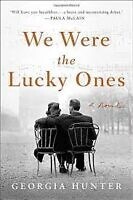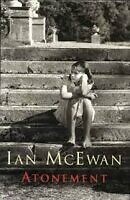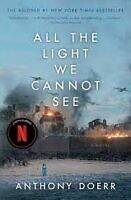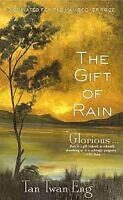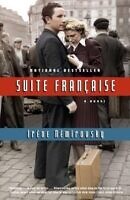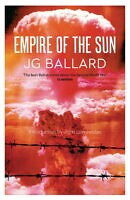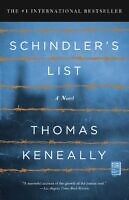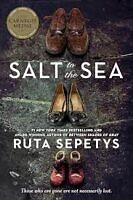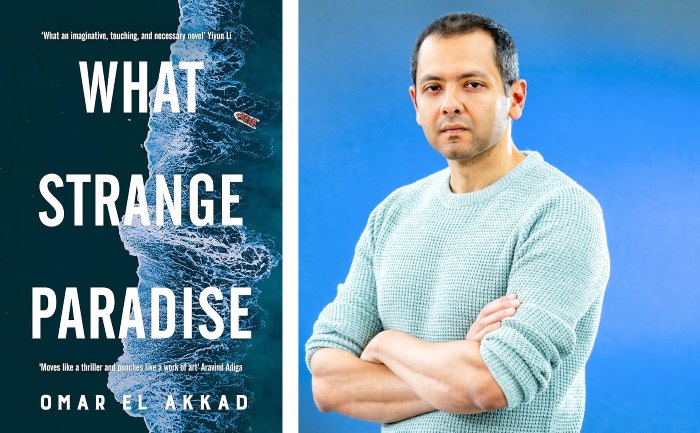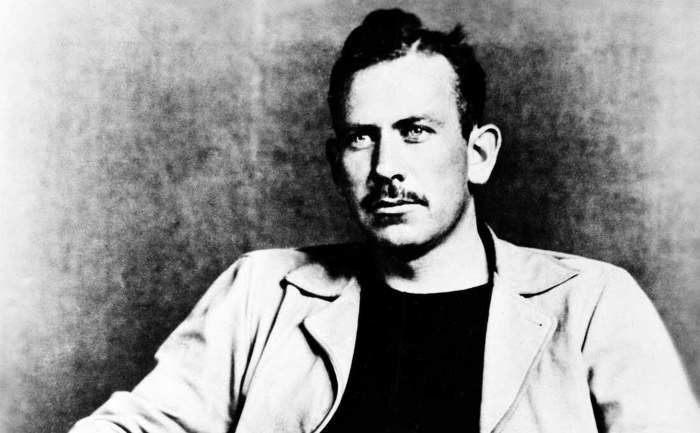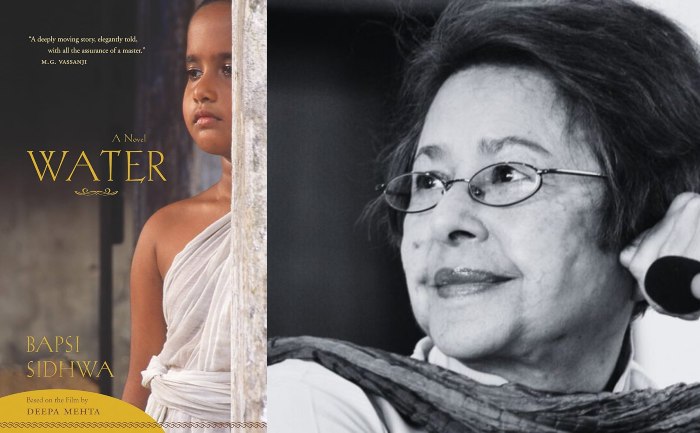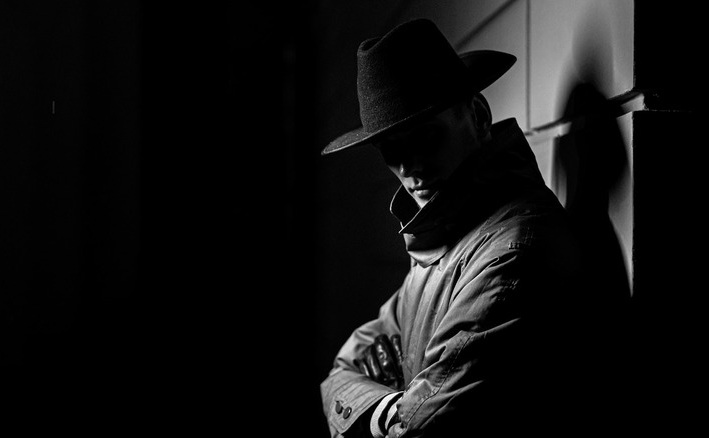12 Great WW2 Historical Fiction Books to Read
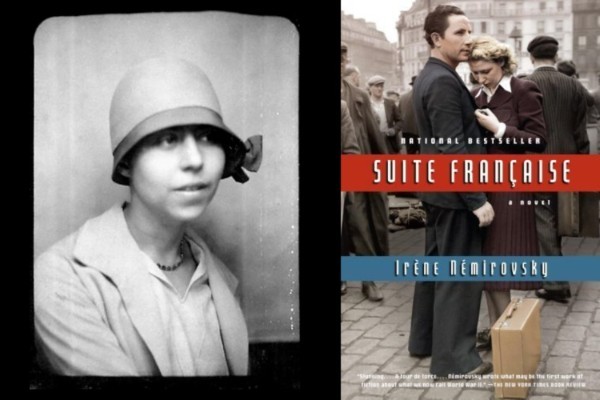 ww2 historical fiction cover
ww2 historical fiction cover
Quizlit has compiled some of the best novels to place during the 2nd World War. From all around the world, lose yourself in stories during one of the most turbulent times in history. Enjoy 12 Great WW2 Historical Fiction Books to Read.
12 Great WW2 Historical Fiction Books to Read
This post may contain affiliate links that earn us a commission at no extra cost to you.
The Book Thief by Markus Zusak
It is 1939. In Nazi Germany, the country is holding its breath. Death has never been busier – and will become busier still.
By her brother’s graveside, nine year old Liesel’s life is changed forever when she picks up a single object, abandoned in the snow. It is The Gravedigger’s Handbook, and this is her first act of book thievery.
So begins Liesel’s love affair with books and words, and soon she is stealing from Nazi book-burnings, the mayor’s wife’s library . . . wherever there are books to be found. But these are dangerous times, and when Liesel’s foster family hides a Jew in their basement, nothing will ever be the same again.
In superbly crafted writing that burns with intensity, award-winning author Markus Zusak has given us one of the most enduring stories of our time.
A Boy in Winter by Rachel Seiffert
Early on a gray November morning in 1941, a small Ukrainian town is overrun by the SS. Penned in with his fellow Jews, a father anxiously awaits word of his two sons, while a young woman, come to fetch her sweetheart away from the invaders, must confront new and harsh truths about those closest to her. At the same time, a German engineer, here to avoid a war he considers criminal, is faced with an even greater crime unfolding behind the lines and no one but himself to turn to.
And in the midst of it all, a boy determined to survive must throw in his lot with strangers. As their stories weave together, each of these characters comes to know the compromises demanded by survival, the oppressive power of fear, and the possibility of courage in the face of terror.
The English Patient by Michael Ondaatje
Michael Ondaatje’s Booker Prize-winning novel traces the intersection of four damaged lives in an Italian villa at the end of World War II. Hana, the exhausted nurse; the maimed thief, Caravaggio; the wary sapper, Kip: each is haunted by the riddle of the English patient, the nameless, burned man who lies in an upstairs room and whose memories of passion, betrayal, and rescue illuminates this book like flashes of heat lightening.
In this masterful novel, he weaves a beautiful and light-handed prose through the mingled histories of people caught up in love and war. A rich and compelling work of historical fiction.
The Winds of War by Herman Wouk
Like no other masterpiece of historical fiction, Herman Wouk’s sweeping epic of World War II is the great novel of America’s Greatest Generation.
Wouk’s spellbinding narrative captures the tide of global events, as well as all the drama, romance, heroism, and tragedy of World War II, as it immerses us in the lives of a single American family drawn into the very center of the war’s maelstrom.
The Winds of War and its sequel War and Remembrance stand as the crowning achievement of one of America’s most celebrated storytellers.
We Were the Lucky Ones by Georgia Hunter
Based on the unforgettable story of one family determined to survive war-torn Europe
1939. Three generations of the Kurc family strive to live normal lives despite the growing hardships they face as Jews. But as the realities of war rush to meet them, they are cast to the wind and must do everything they can to find their way through a devastated continent to freedom.
Based on an incredible true story that ranges from pre-war Parisian jazz clubs to the desolation of the Siberian gulag, and follows the Kurc family as refugees, prisoners and fighters, We Were the Lucky Ones is a testament to the notion that even in the darkest of times, the human spirit can find a way to survive, and even triumph.
Atonement by Ian McEwan
On the hottest day of the summer of 1935, thirteen-year-old Briony Tallis sees her sister Cecilia strip off her clothes and plunge into the fountain in the garden of their country house.
Watching her too is Robbie Turner who, like Cecilia, has recently come down from Cambridge. By the end of that day, the lives of all three will have been changed for ever, as Briony commits a crime for which she will spend the rest of her life trying to atone.
Brilliant and utterly enthralling in its depiction of childhood, love and war, England and class, Atonement is a profoundly moving exploration of shame and forgiveness and the difficulty of absolution.
All the Light We Cannot See by Anthony Doerr
A beautiful, stunningly ambitious novel about a blind French girl and a German boy whose paths collide in occupied France as both try to survive the devastation of World War II
For Marie-Laure, blind since the age of six, the world is full of mazes. The miniature of a Paris neighbourhood, made by her father to teach her the way home. The microscopic layers within the invaluable diamond that her father guards in the Museum of Natural History. The walled city by the sea, where father and daughter take refuge when the Nazis invade Paris. And a future which draws her ever closer to Werner, a German orphan, destined to labour in the mines until a broken radio fills his life with possibility and brings him to the notice of the Hitler Youth.
In this magnificent, deeply moving novel, the stories of Marie-Laure and Werner illuminate the ways, against all odds, people try to be good to one another.
The Gift of Rain by Tan Twan Eng
Tan Twan Eng’s debut novel set in Penang at the onset of WW2 is a powerful study of courage, morals and loyalties. Sixteen-year-old Philip is of mixed British and Chinese heritage, and feels alienated from both communities. He forms an unexpected friendship with Hayato Endo, a Japanese diplomat who trains him in Aikido. But when the Japanese invade, Philip discovers Endo is a spy. Forced into collaborating with the Japanese to safeguard his family he becomes the ultimate outsider, trusted by none and hated by many. A tormented Philip decides to risk everything to make amends.
Suite Française by Irene Nemirovsky
The first part of Suite Française, “A Storm in June,” opens in the chaos of the massive 1940 exodus from Paris on the eve of the Nazi invasion during which several families and individuals are thrown together under circumstances beyond their control. They share nothing but the harsh demands of survival—some trying to maintain lives of privilege, others struggling simply to preserve their lives—but soon, all together, they will be forced to face the awful exigencies of physical and emotional displacement, and the annihilation of the world they know.
In the second part, “Dolce,” we enter the increasingly complex life of a German-occupied provincial village. Coexisting uneasily with the soldiers billeted among them, the villagers—from aristocrats to shopkeepers to peasants—cope as best they can. Some choose resistance, others collaboration, and as their community is transformed by these acts, the lives of these these men and women reveal nothing less than the very essence of humanity.
Suite Française is a singularly piercing evocation—at once subtle and severe, deeply compassionate and fiercely ironic—of life and death in occupied France, and a brilliant, profoundly moving work of art.
Empire of the Sun by J.G. Ballard
The classic, heartrending story of a British boy’s four year ordeal in a Japanese prison camp during the Second World War.
Based on J. G. Ballard’s own childhood, this is the extraordinary account of a boy’s life in Japanese-occupied wartime Shanghai – a mesmerising, hypnotically compelling novel of war, of starvation and survival, of internment camps and death marches. It blends searing honesty with an almost hallucinatory vision of a world thrown utterly out of joint.
Rooted as it is in the author’s own disturbing experience of war in our time, it is one of a handful of novels by which the twentieth century will be not only remembered but judged.
Schindler’s List by Thomas Keneally
Disturbing, harrowing and yet also deeply inspiring in its depiction of humanity and moral action, Schindler’s List holds a special place in the twentieth-century literary canon. The winner of 1982’s Booker Prize endures as a compassionate and thoughtful account of heroism in the face of a barbaric regime and its horrifying ‘final solution.’
In the shadow of Auschwitz, a flamboyant German industrialist grew into a living legend to the Jews of Cracow. He was a womaniser, a heavy drinker and a bon viveur, but to them he became a saviour. This is the extraordinary story of Oskar Schindler, who risked his life to protect Jews in Nazi-occupied Poland and who was transformed by the war into a man with a mission, a compassionate angel of mercy.
Salt to the Sea by Ruta Sepetys
It’s early 1945 and a group of people trek across Germany, bound together by their desperation to reach the ship that can take them away from the war-ravaged land. Four young people, each haunted by their own dark secret, narrate their unforgettable stories…
Ruta Sepetys devoted three years of research into what still remains the worst maritime disaster in history, the sinking of the German military transport ship the Wilhelm Gustloff in 1945. Some 9,400 lives were lost.
Salt to the Sea picks up on four of those lives, a group of young people desperate to flee Germany by any means, even if this is a dangerously overcrowded vessel in a Baltic port.
If you enjoyed our picks for Best WW2 Historical Fiction Books to Read, check out our Alternative History Books Reading List

